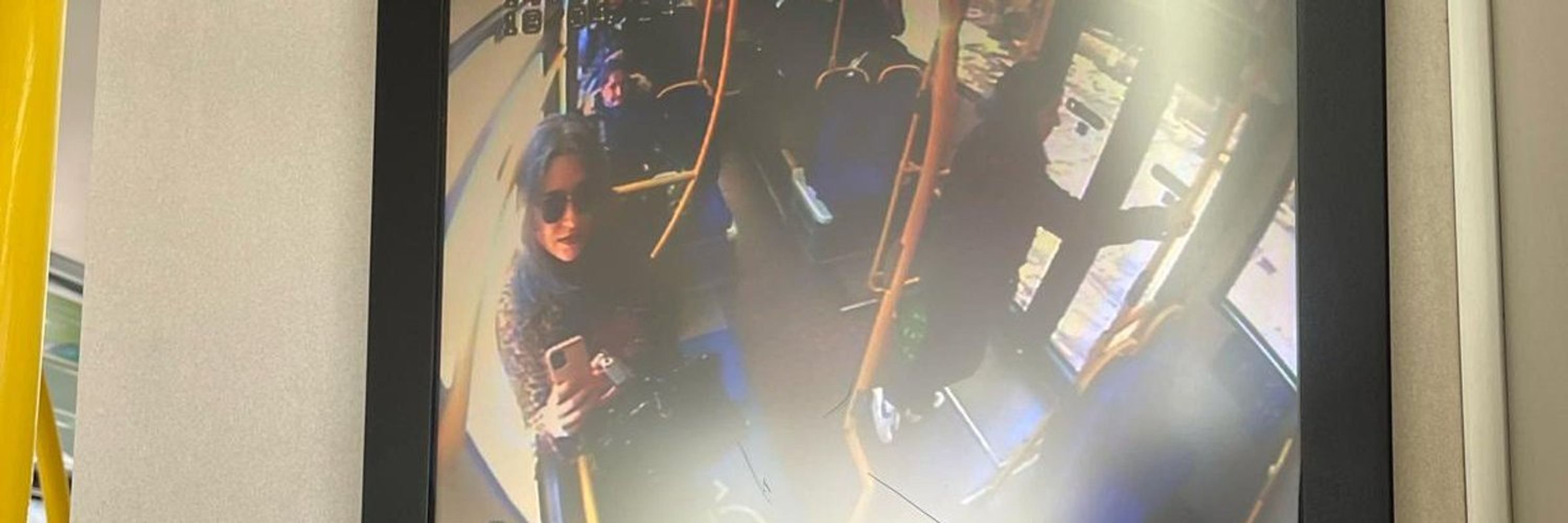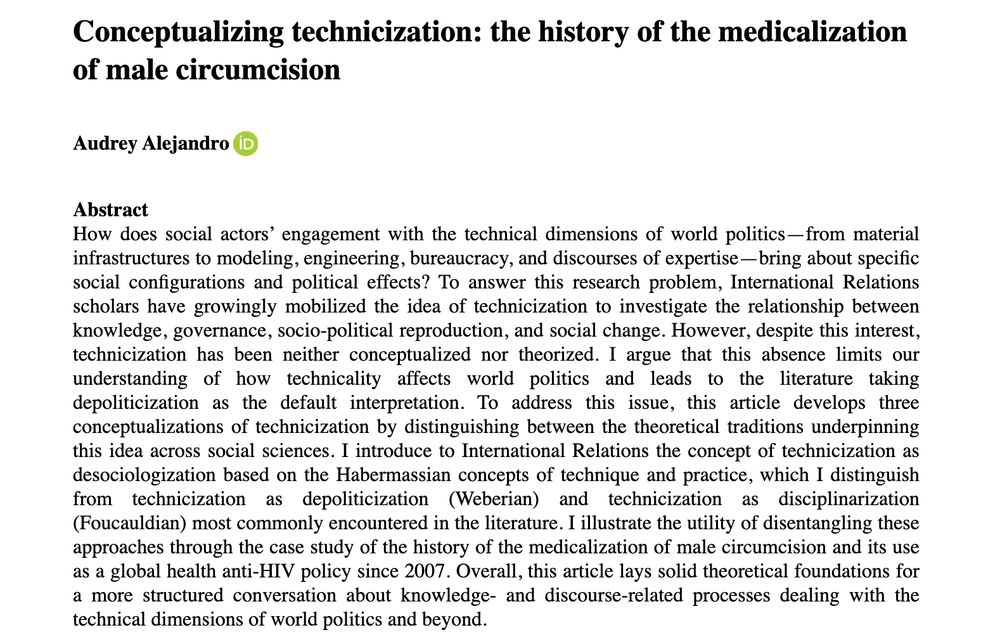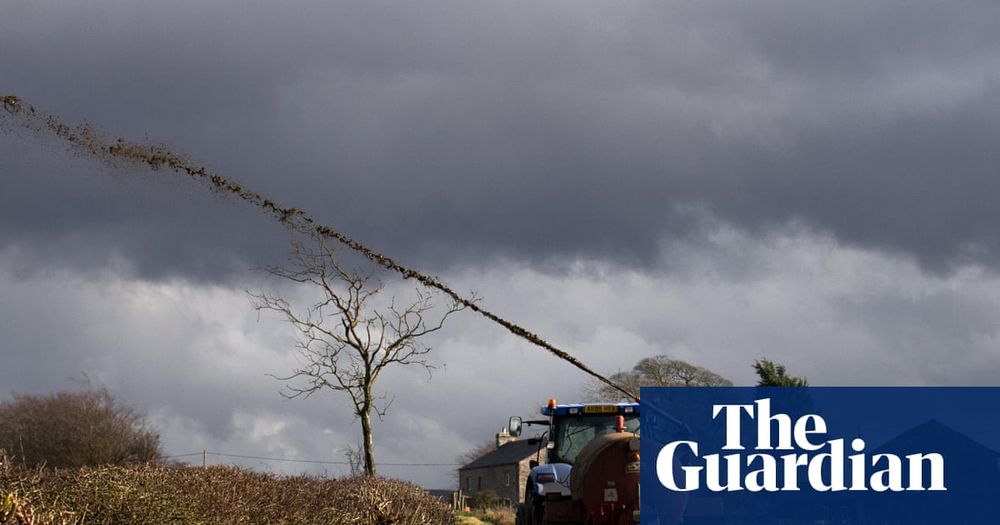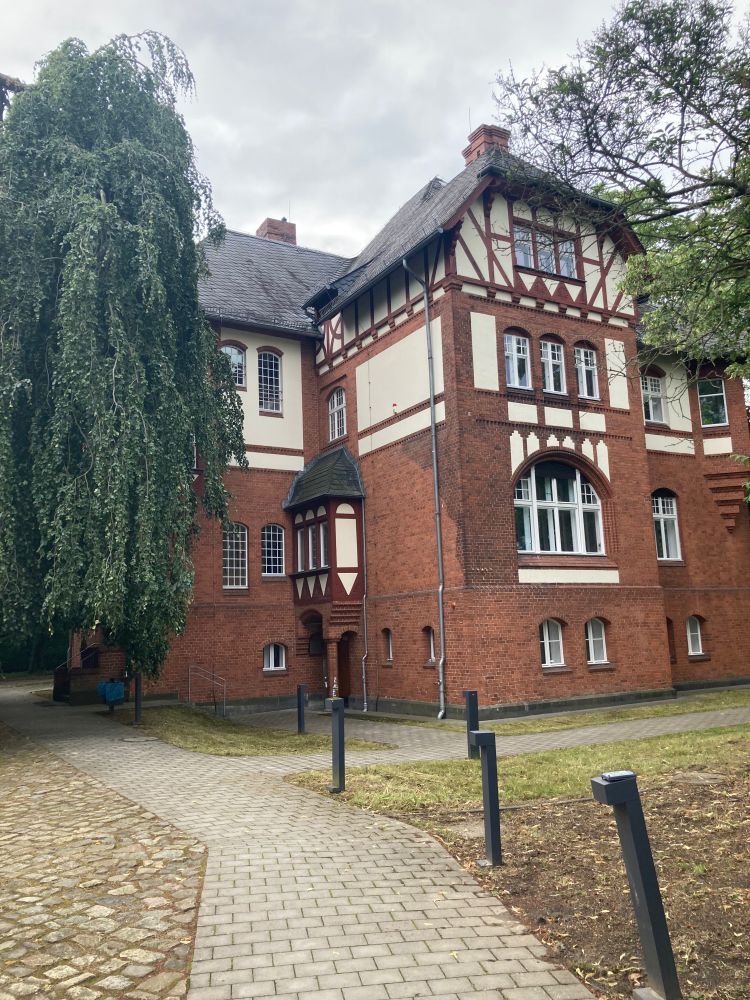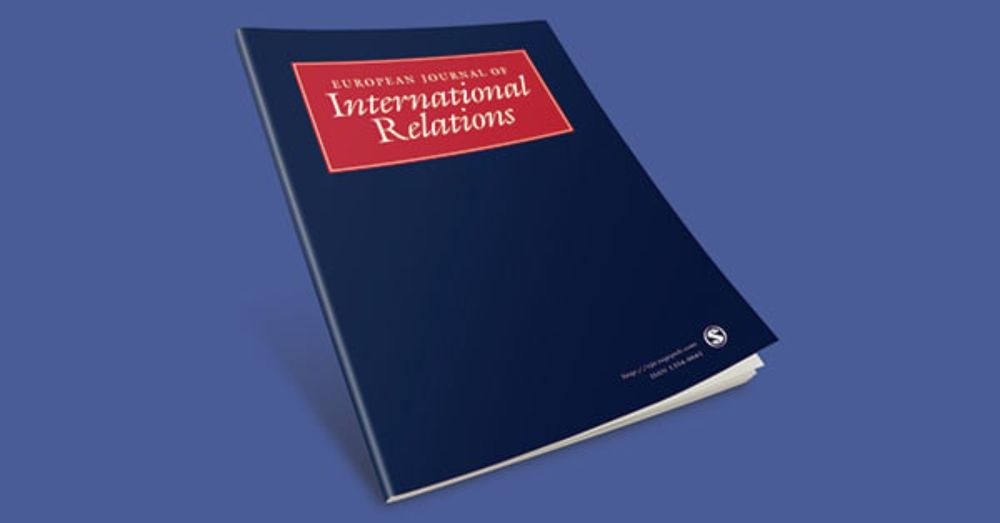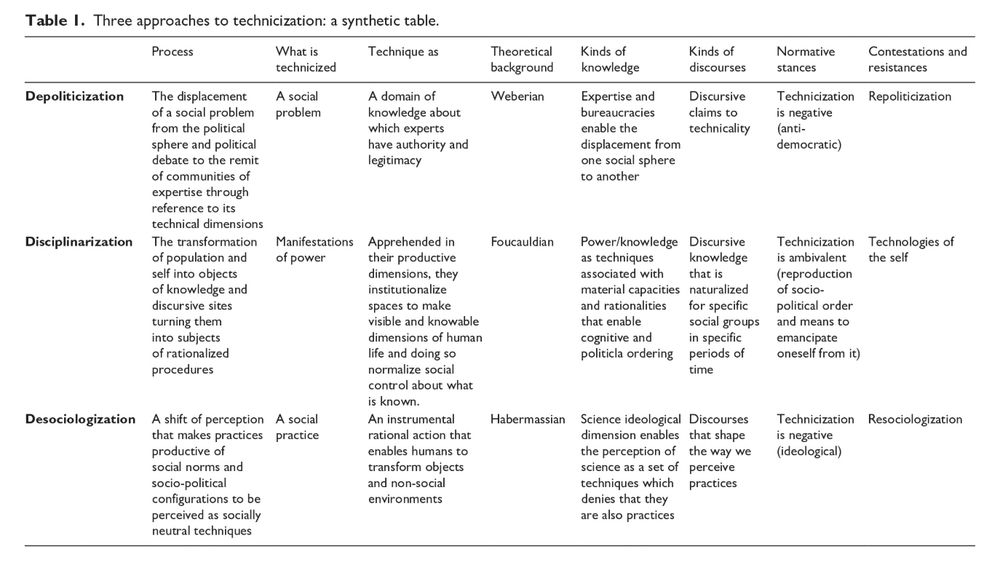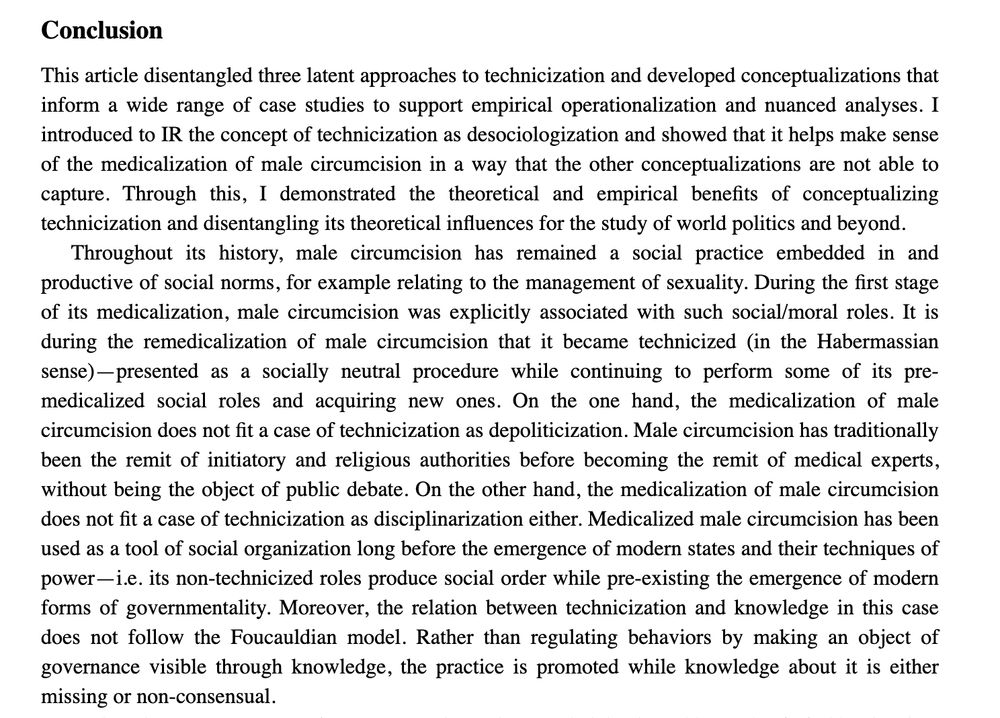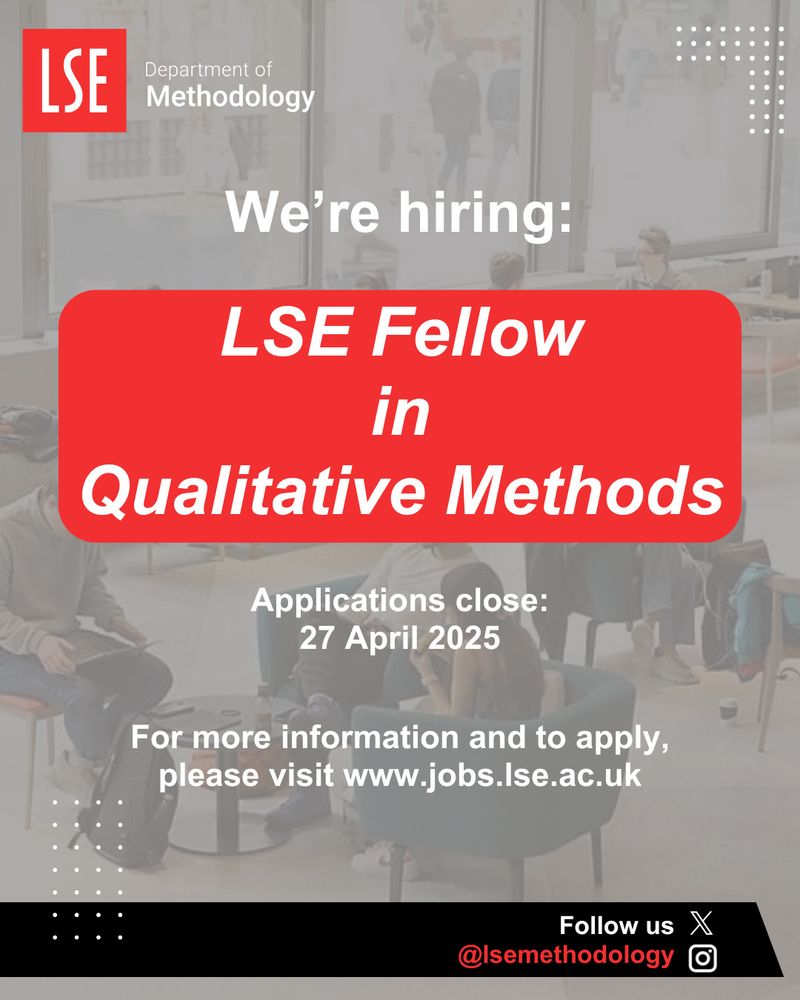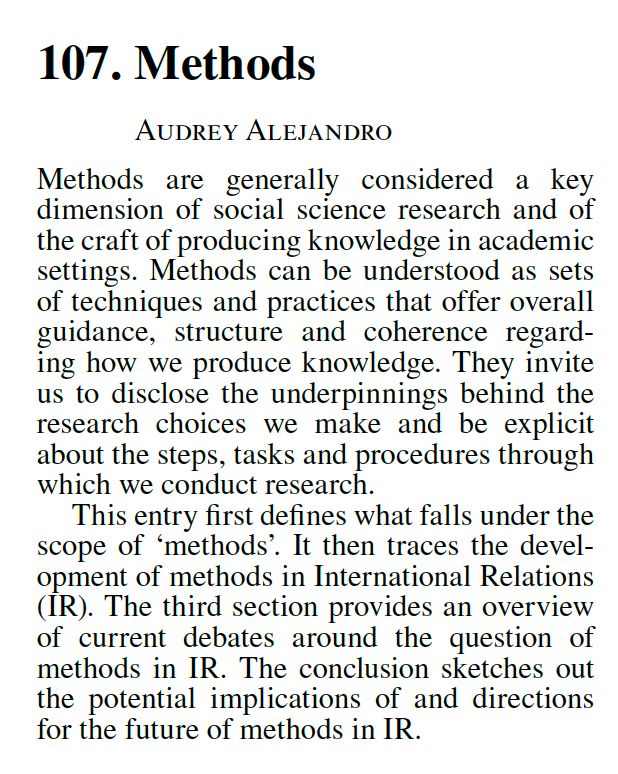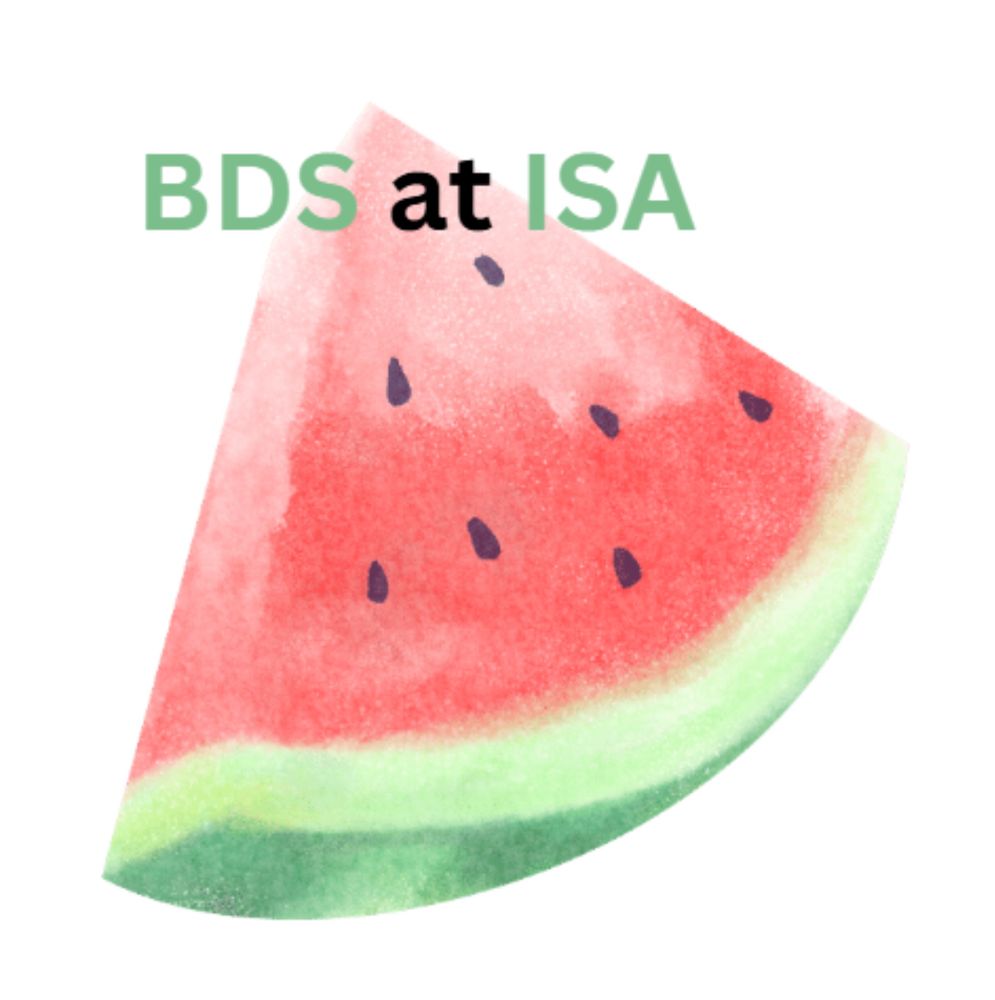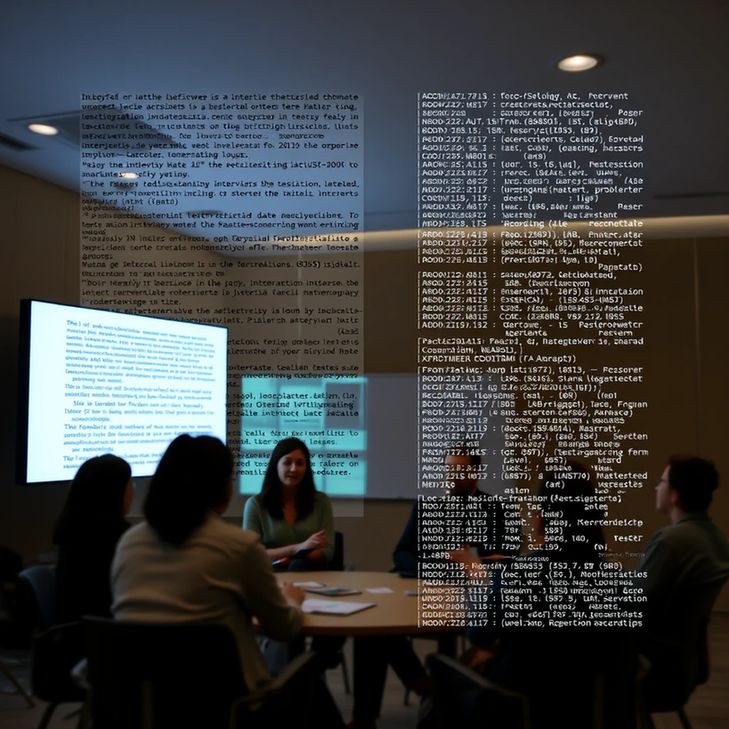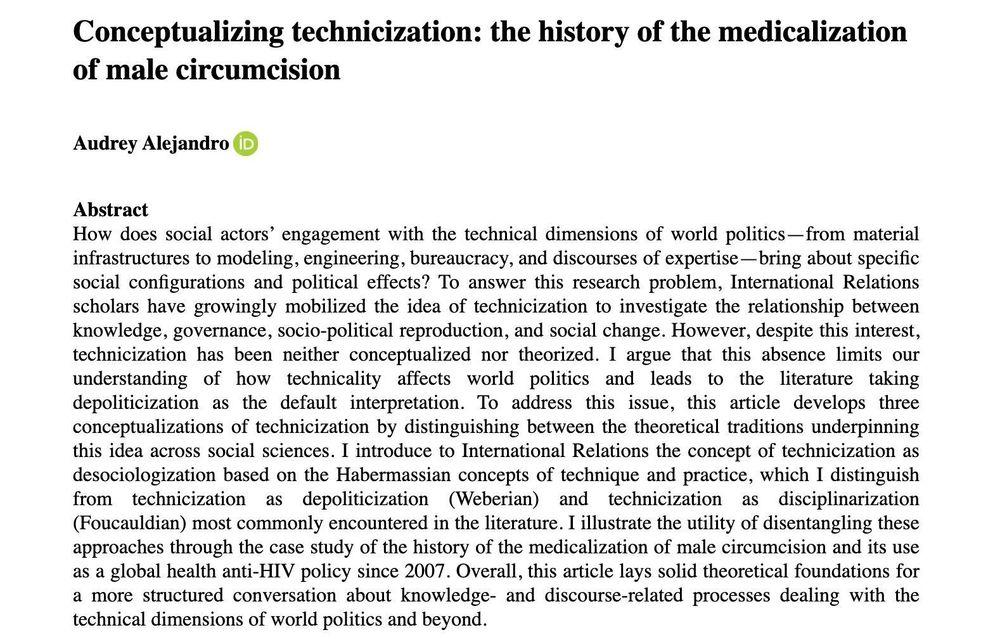Audrey Alejandro
@audreyalejandro.bsky.social
1.6K followers
1.2K following
56 posts
Associate Professor & Methodological Artist
London School of Economics
Discourse, Knowledge, Reflexivity, International Relations
Convener @DoingIPS | PhD Sciences Po Bx
https://www.audreyalejandro.com/publications.html
Posts
Media
Videos
Starter Packs
Pinned
Reposted by Audrey Alejandro
Reposted by Audrey Alejandro
Reposted by Audrey Alejandro
Reposted by Audrey Alejandro
Reposted by Audrey Alejandro
Reposted by Audrey Alejandro
Reposted by Audrey Alejandro
Reposted by Audrey Alejandro
Dan de Kadt
@dandekadt.bsky.social
· Apr 1
Reposted by Audrey Alejandro
Reposted by Audrey Alejandro
Reposted by Audrey Alejandro
Reposted by Audrey Alejandro
